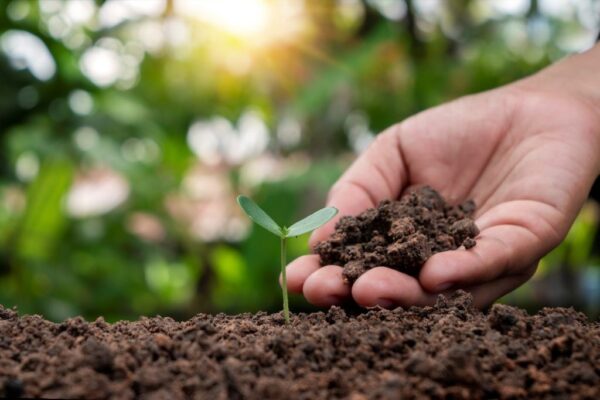The summit is expected to bring together the African Heads of State, high-ranking government officials, senior policy makers, private-sector players and civil society organizations.
Other participants will include representatives of farmer organizations and development agencies, including NGOs, scholars and scientists, and representatives of leading donor organizations.
Background Information:
The Africa Fertilizer and Soil Health summit will be held to deliberate on Africa’s recent widespread decades-long decline in soil quality of farmland – a phenomenon that continues today and negatively impacts the agricultural production capacity and food security in the continent.
In June 2006, the Heads of State and Governments of the African Union endorsed the Abuja Declaration on Fertilizer for the Africa Green Revolution, a continental strategy to reverse the worrying trend of poor productivity of the African soils.
The Declaration focused on key targets required for agricultural growth, food security, and rural development in Africa, with a focus on the role of fertilizers.
It recommended raising the use of fertilizers from 8 kg/(nutrients)/ha to 50 kg (nutrients) /ha in 10 years and the establishment of an African Fertilizer Financing Mechanism (AFFM) with the objective of improving agricultural productivity by providing financing required to boost fertilizer use in Africa to achieve the target of 50 kg of nutrients per hectare, as mandated by the Abuja Declaration.
Fifteen years after the Abuja Declaration, Africa’s agriculture and food security narrative has evolved significantly. The fertilizer market itself has changed, including the roles that private and public sector actors are playing. Another major change since Abuja, is the increased recognition of the critical role of sustainable soil management.
The decline in soil health has hindered the efficiency of fertilizer use and hampered agricultural productivity growth, food security, and environmental sustainability across the continent. As a result, economic growth and well-being—particularly for the rural population, who derive their livelihoods directly from agriculture – in the continent have been hampered.
It is therefore, timely to review the state of Africa’s soil health to recalibrate the strategies being deployed for boosting the productivity of soils towards higher and sustainable gains in crop yields as well as economic growth and transformation, and overall well-being.
In Summary
What: Africa Fertilizer and Soil Health (AFSH) Summit 2023.
When: 5th -7th November 2023
Where: Nairobi, Kenya (Kenyatta International Conference Centre)/ KICC,
Media opportunities:
The high-level opening session will include the following media opportunities:
- Opening statements by African Union Heads of State and Governments
- Speeches by the Chairperson of the AU and the Chairperson of the AU Commission (AUC);
- Keynote address by Invited high level dignitaries;
- Group photo
- Media interview
Also Read
Brazil expects to reap big after participating in Africa’s largest agricultural fair
Malawian groundnut farmer transitions into global trader in a remarkable three years
